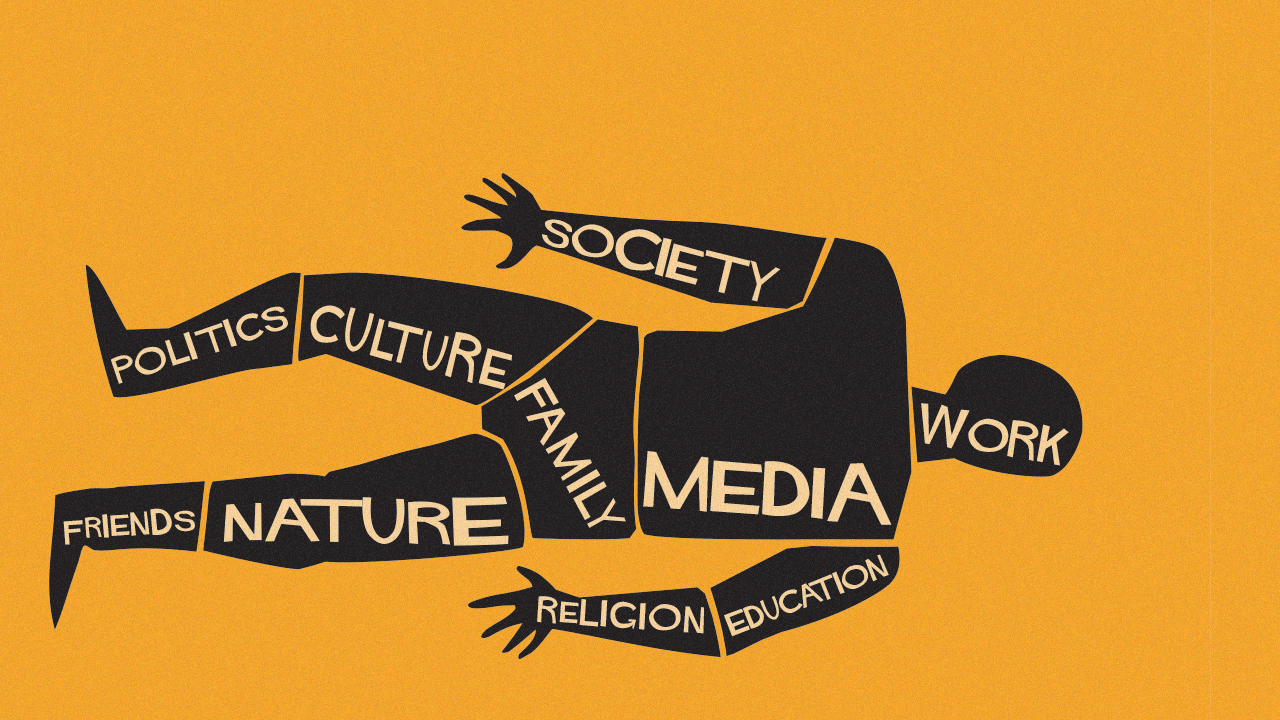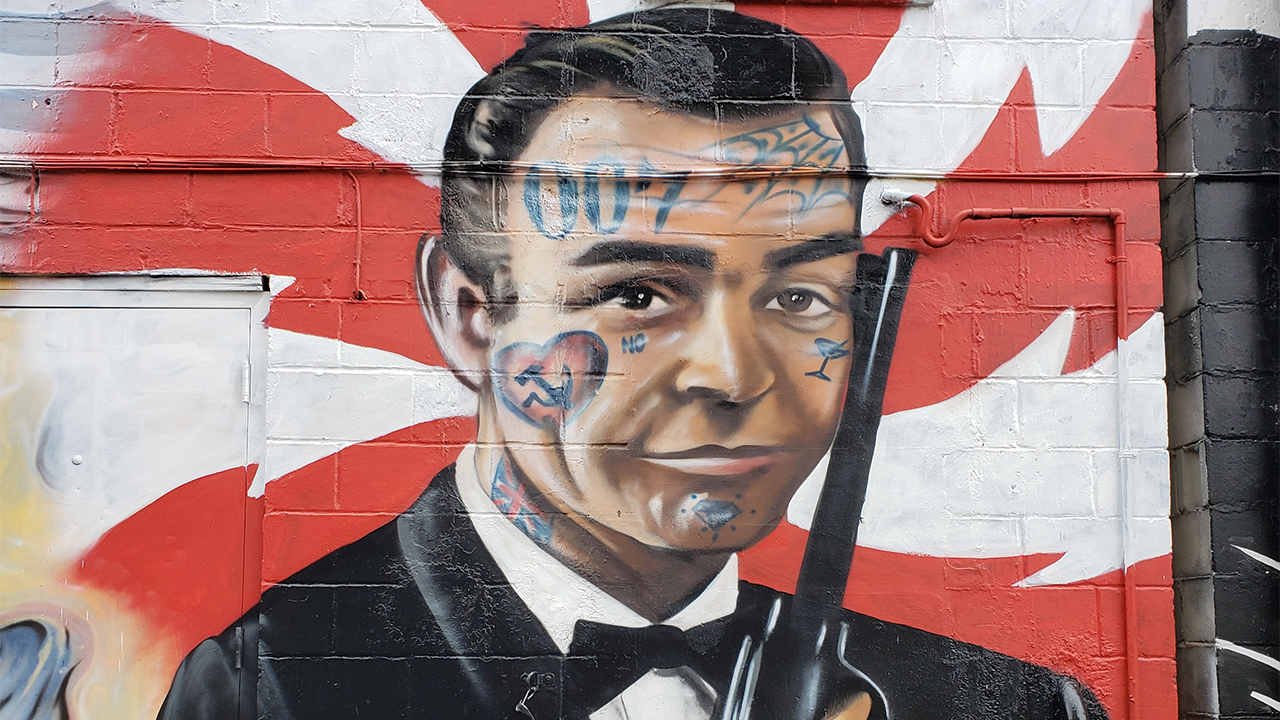James Baldwin & American Democracy
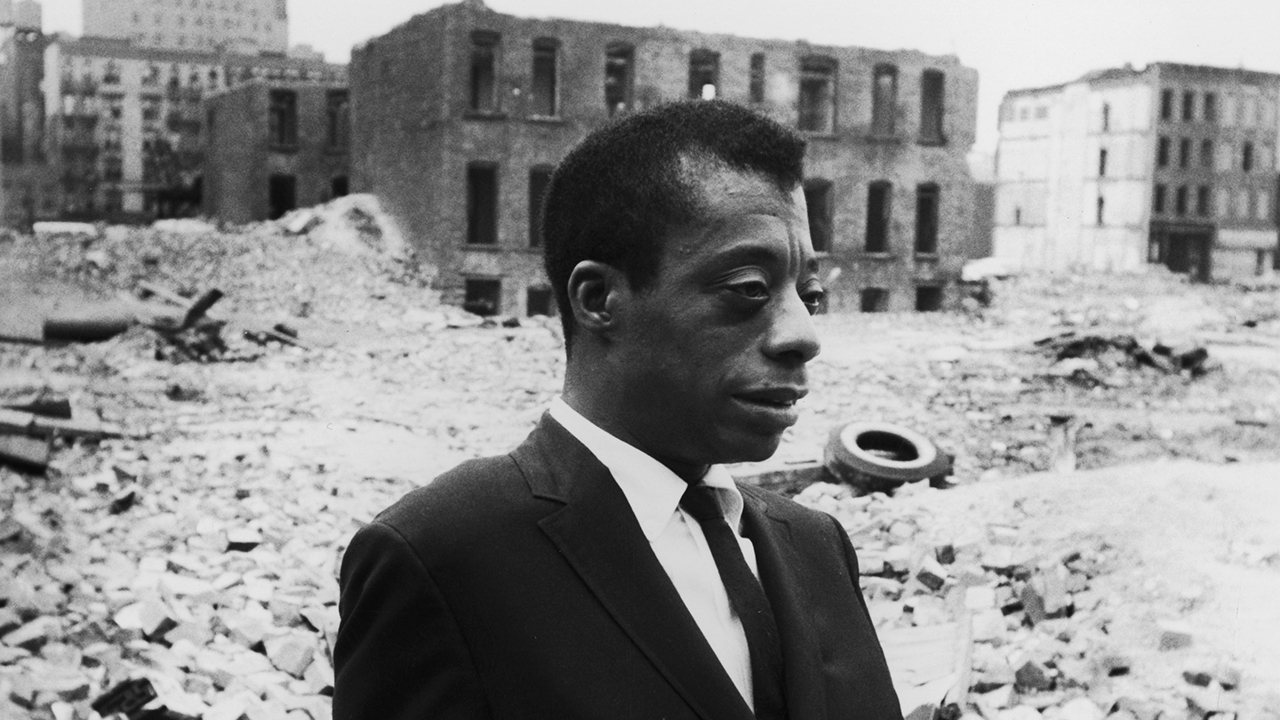
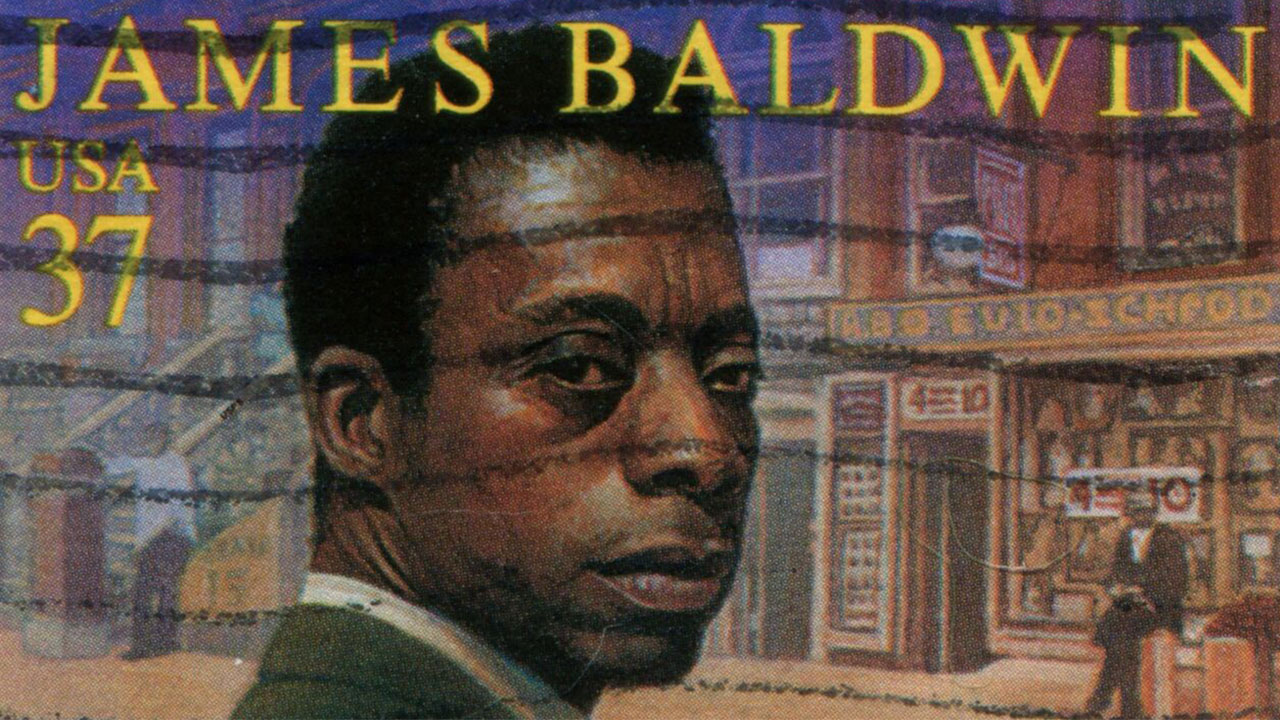
Introduction
With the possible exception of Walt Whitman, no other writer has given the foundational matter of love and democratic life in America such probing attention.
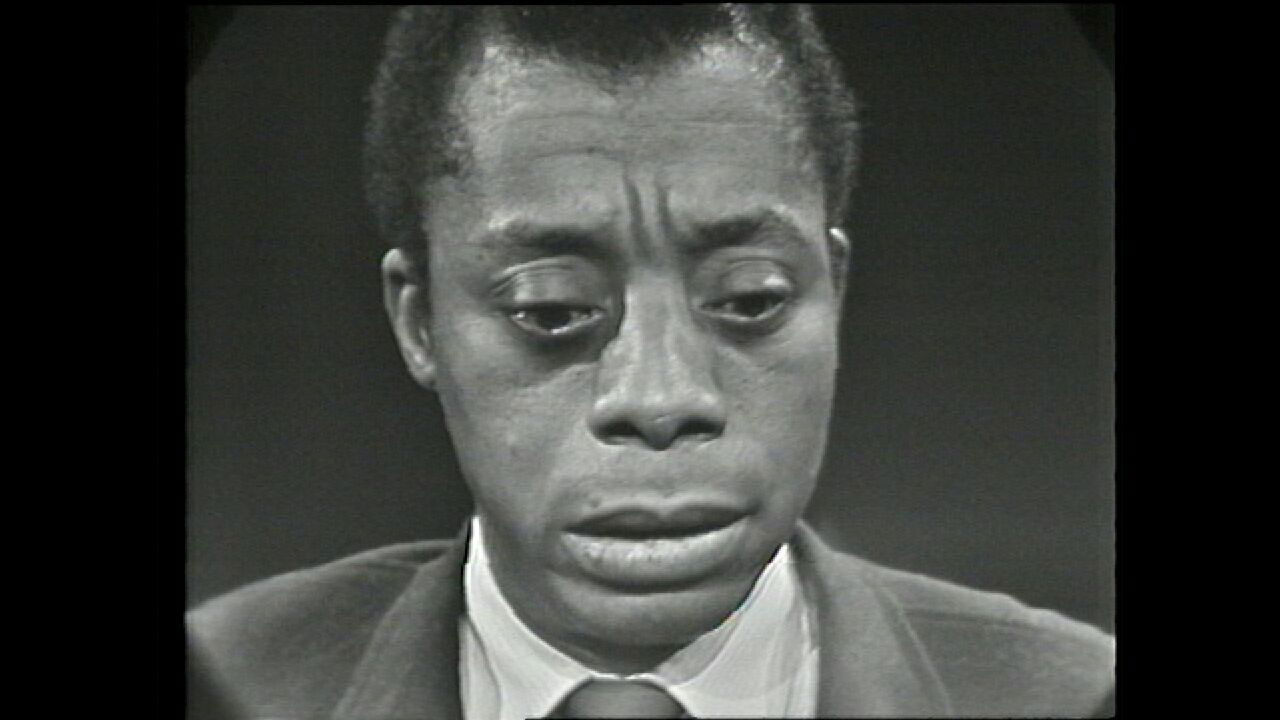
On Her Behalf
Baldwin’s closeness to his nephew, and the hope and great sadness housed within that bond, reminded me of my connection to my youngest niece. Both bookish. Both black. Both broke.

With James Baldwin at the Welcome Table
Apparently, Jimmy had been given an advance of $100,000 for If Beale Street Could Talk with the promise of another $200,000 on completion. I gathered that he was anxious to get it done. It seemed as if he needed the seclusion of this special place to write about the tragic life of black Americans.
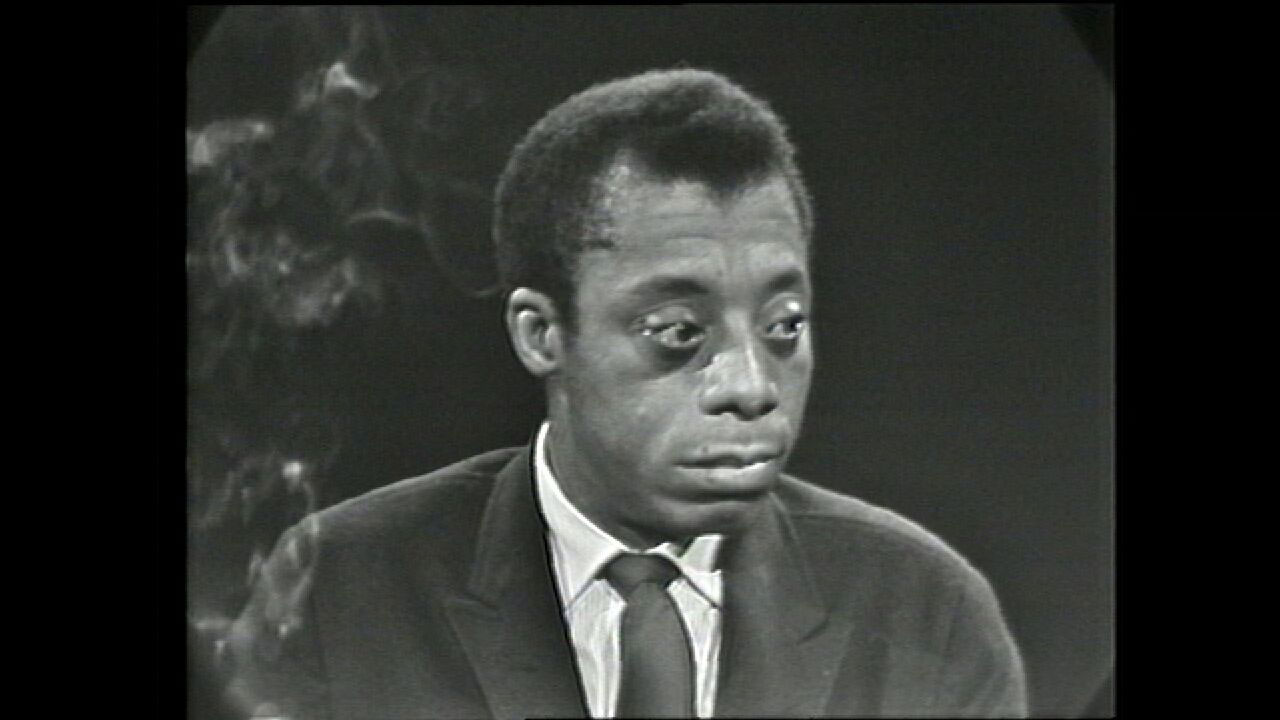
For the Black Child Is Confused
We have always had much more than our simple notions of who we are and what this world has made us. For Americans, Baldwin pushes us towards the “hard to bear.”

James Baldwin, Chelsea Manning, and Homonationalism
Like Baldwin, Manning seemed to recognize the appeal to security, along with the stories we tell ourselves about how that security was won, as costly fantasies enacted through both the explicit suppression of information and a deep denial of who we are, or have become, as a nation.
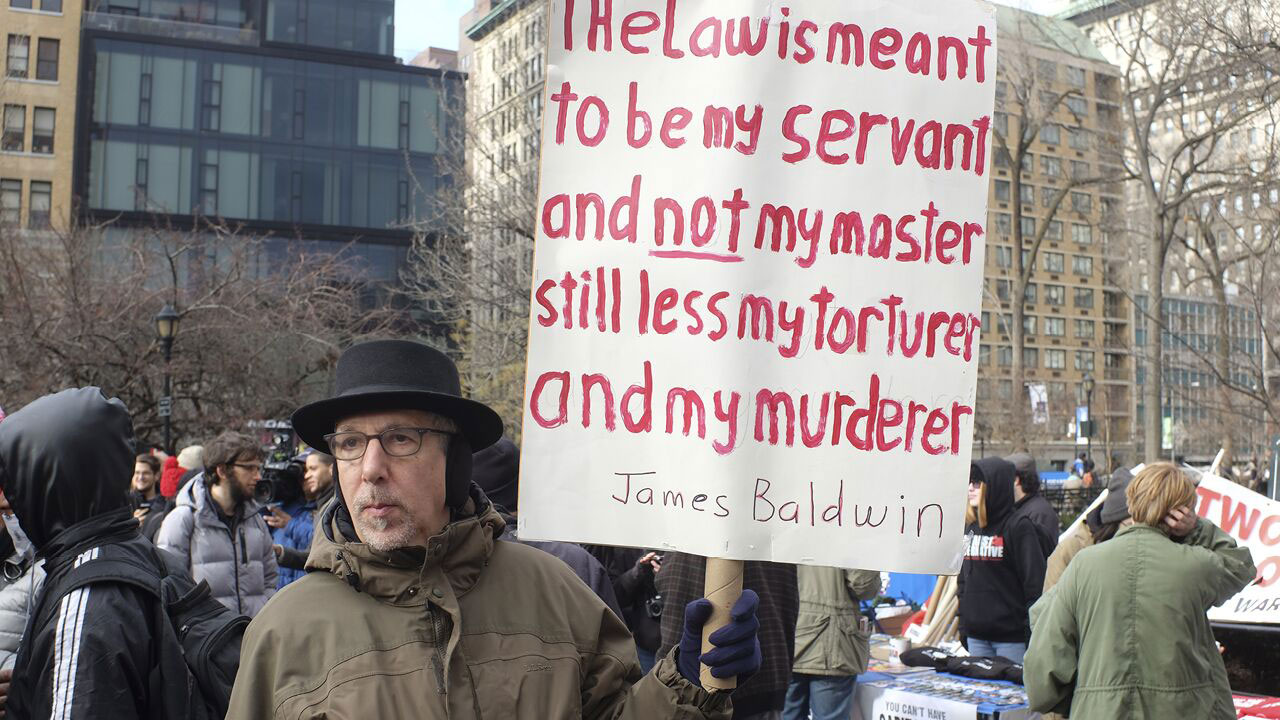
Is Democracy Possible Today?
The thrill was in the prose, in Baldwin’s capacity to wed the intimate and the universal and to make of his life an offering to generations of readers, including those whose experiences were far removed from his own. But the destabilization mattered more. Baldwin’s language upended the order of my understanding, as a political theorist-in-training, and as a white American.

Sounding Out of Trauma
Baldwin’s love and hope for true democracy is most clear in his consistent attention to black music throughout his work. Especially in “Sonny’s Blues,” Baldwin underscores the importance of music in embodying and relating racialized trauma.
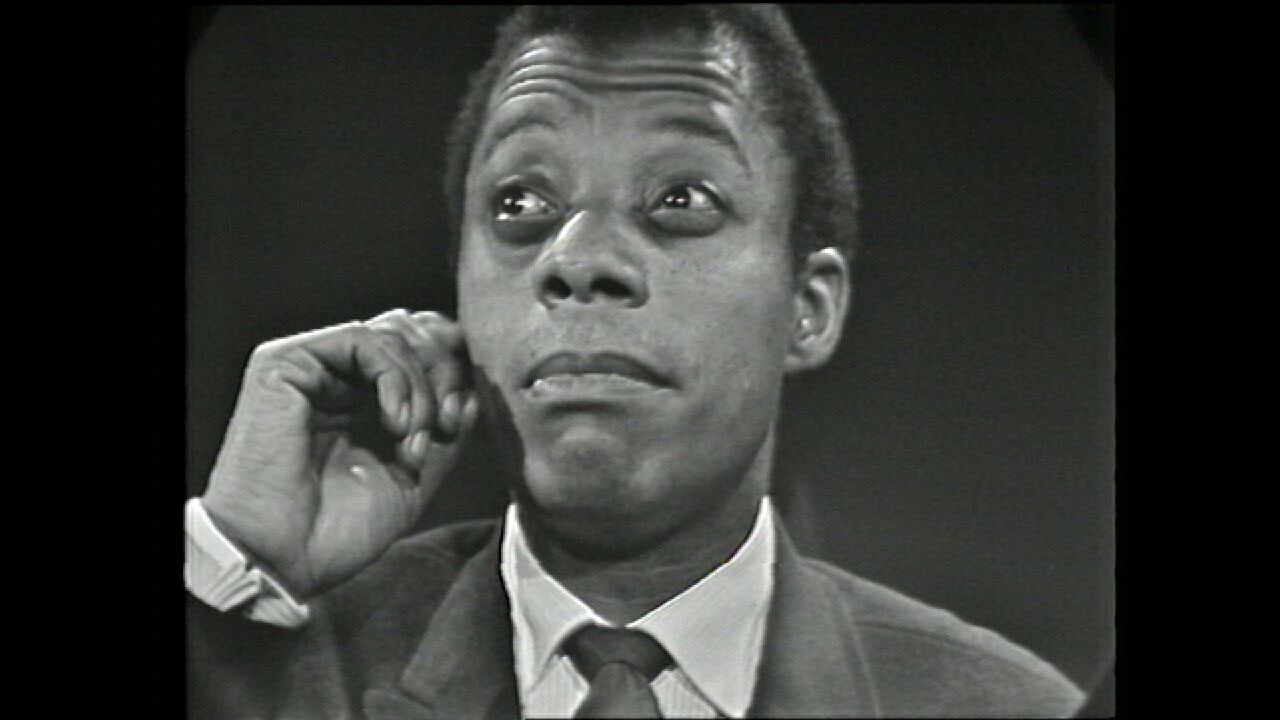
My Subject and My Responsibility
As the years go on, as courses evolve and new crops of students sit in front of me, I have come to realize that when I speak about teaching Baldwin, I am in a sense talking about all my teaching.
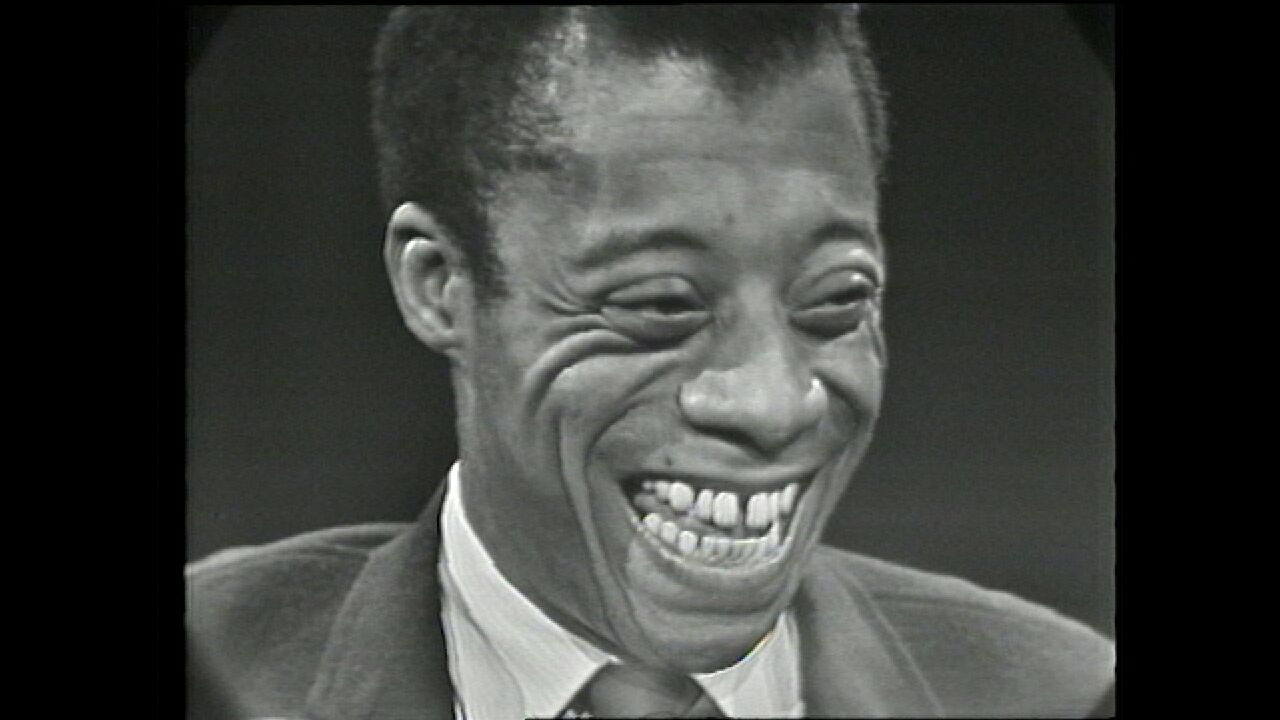
Teaching Baldwin Teaching
Never better read or better loved—you can now buy votive candles bearing Baldwin’s image at your local indie bookstore—he has also never been a harder story to pass on.
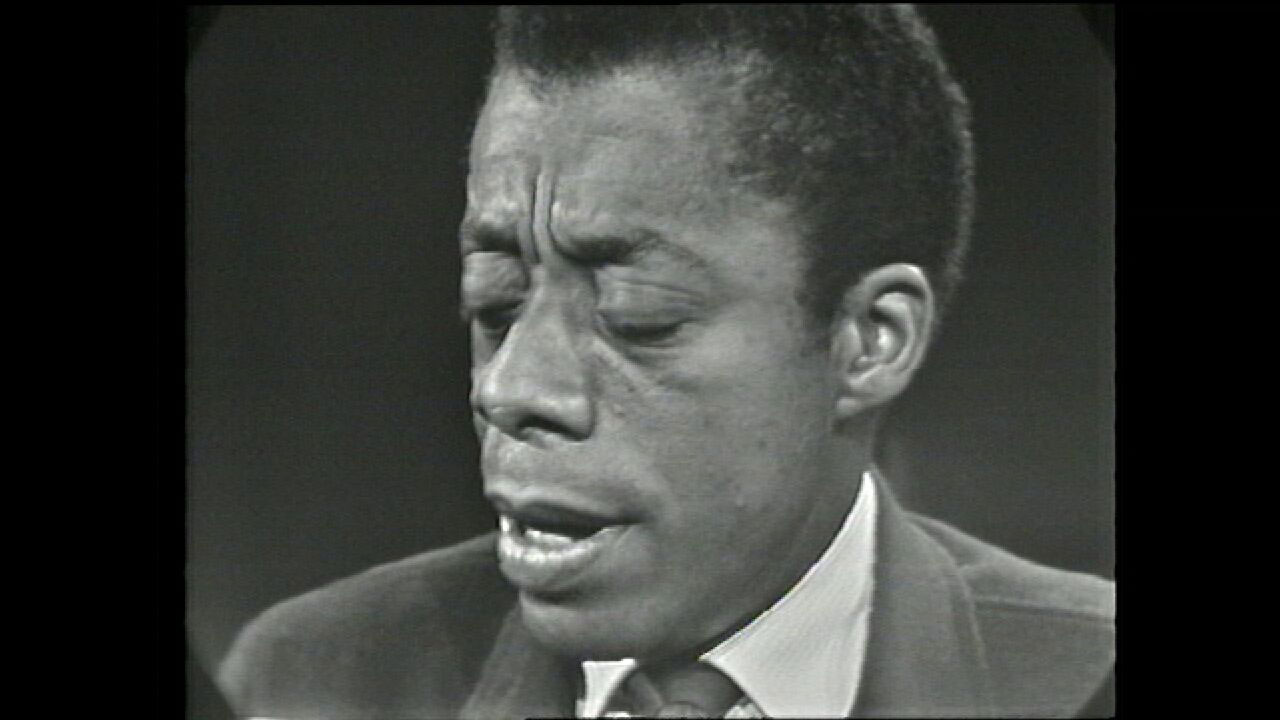
“Don’t Do It, Jimmy”
Although Baldwin did not relish the opportunity to sit across a table from James Jackson Kilpatrick, he felt duty-bound to do so. His example can teach us something valuable about the nature of our duty to confront racism in our own time.

James Baldwin & American Democracy
Ten original essays, with preface and introduction, on the relevance of James Baldwin's thought and writings.
The Common Reader Newsletter
Every two weeks, The Common Reader delivers a curated selection of essays, cultural analysis, and fresh perspectives to your email—always free and engaging.
Shop The Common Reader
Shop for bookmarks, mugs, pens, t-shirts, and more.
Past Issues
A look back at the ideas that shaped previous editions
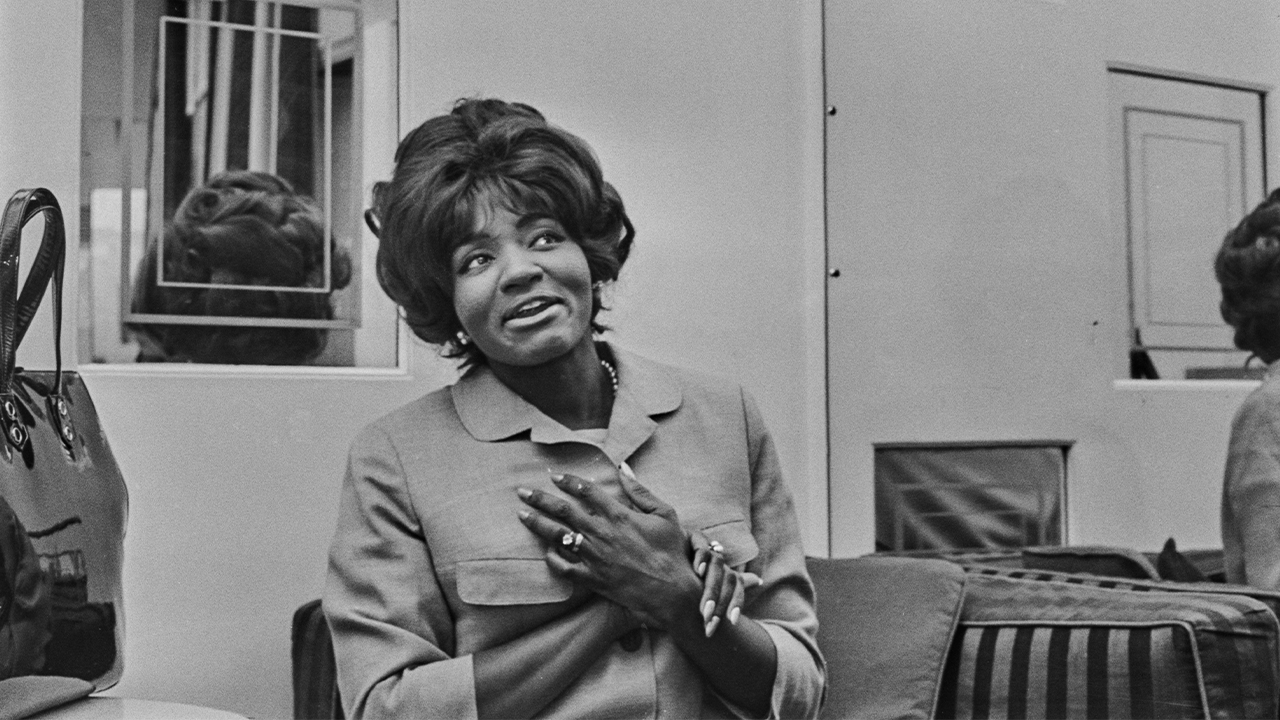
Black History Month 2024
